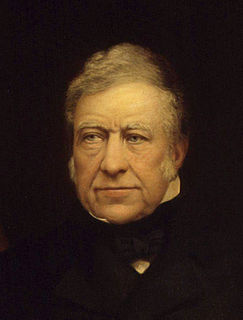A Quote by John Maynard Keynes
There is no intrinsic reason for the scarcity of capital.
Related Quotes
Capitalism has created a situation called scarcity. And that scarcity is not natural, it's socially induced. Along with that sense of scarcity, or feeling of scarcity, is a feeling of economic insecurity. Along with that is a feeling of deprivation... And unless we can demonstrate that that feeling is not justified technologically, we will not be able to speak intelligently to the great majority of people and reorganize our economy so that we really know what needs are rational and human and what have been created, almost fetishisticaly, by the capitalist economy.
In essence, the stock market represents three separate categories of business. They are, adjusted for inflation, those with shrinking intrinsic value, those with approximately stable intrinsic value, and those with steadily growing intrinsic value. The preference, always, would be to buy a long-term franchise at a substantial discount from growing intrinsic value.
The financial doctrines so zealously followed by American companies might help optimize capital when it is scarce. But capital is abundant. If we are to see our economy really grow, we need to encourage migratory capital to become productive capital - capital invested for the long-term in empowering innovations.
According to classical utilitarianism, the only intrinsic good is happiness; the only intrinsic bad is pain. That implies no intrinsic value in preserving nature, that preserving an endangered plant is valuable only if it benefits humans or other animals. Intuitively, that seems wrong but perhaps I shouldn't trust my intuition here.

































